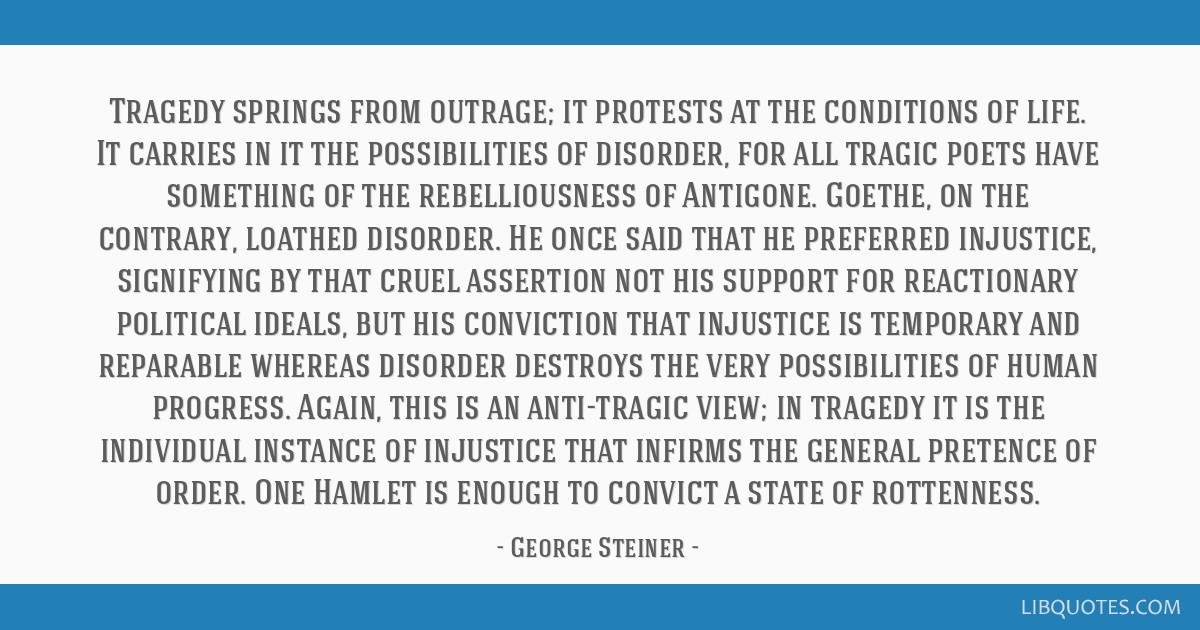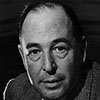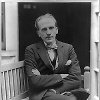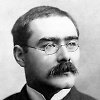Tragedy springs from outrage; it protests at the conditions of life. It carries in it the possibilities of disorder, for all tragic poets have something of the rebelliousness of Antigone. Goethe, on the contrary, loathed disorder. He once said that he preferred injustice, signifying by that cruel assertion not his support for reactionary political ideals, but his conviction that injustice is temporary and reparable whereas disorder destroys the very possibilities of human progress. Again, this is an anti-tragic view; in tragedy it is the individual instance of injustice that infirms the general pretence of order. One Hamlet is enough to convict a state of rottenness.
Ch. V (p. 167). - The Death of Tragedy (1961)























